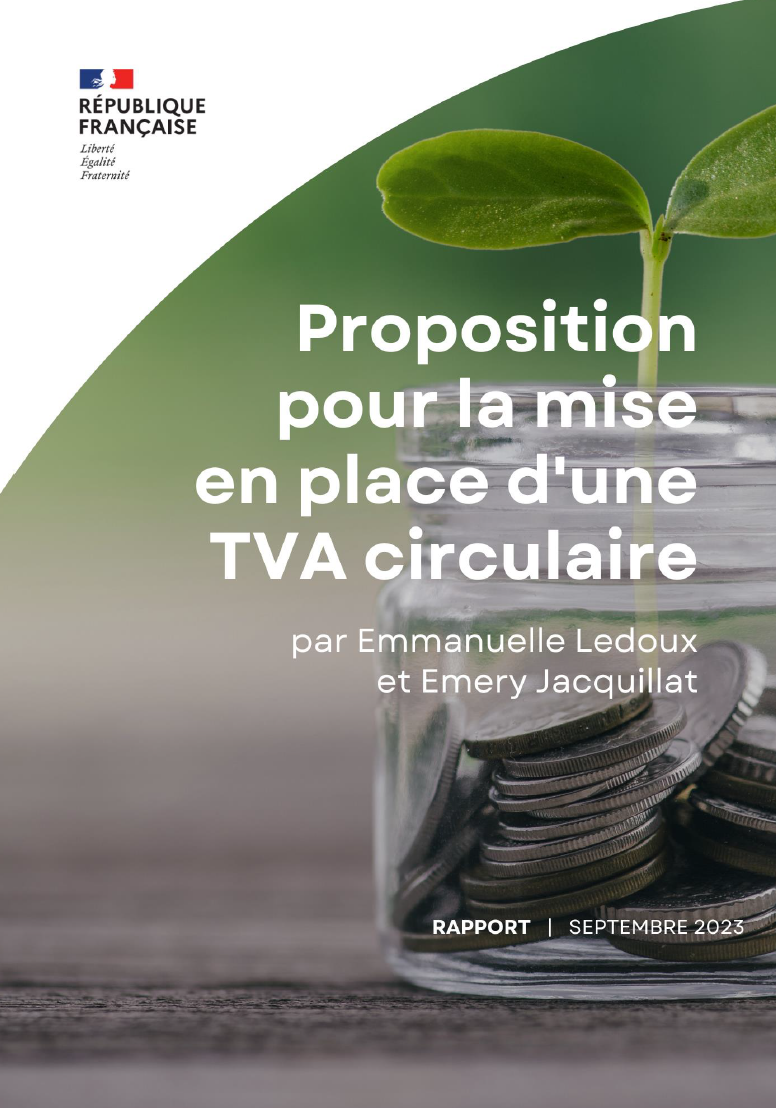Key takeaways:
1. While there is tremendous interest from local institutional investors and potential issuers of sustainable bonds and sukuk in Indonesia, the majority of sustainable bonds have been issued in foreign currency outside of the country.
2. The current green bond regulation, issued in 2017 was among the first in the Association of Southeast Asian Nations (ASEAN). To further promote sustainable finance in Indonesia, regulations for other types of sustainable bonds should be introduced.
3. Development partners, together with local regulators can play a key role in promoting sustainable finance development in Indonesia.
by Lestor, A., Kosintr Puongsophol, K., and Haroen, R.*
* in alphabetical order
The State of the Sustainable Finance Market in Indonesia
The government’s strong commitment drives the growth of Indonesia’s sustainable bond and sukuk (Islamic bond) issuances. With technical assistance from the United Nations Development Programme (UNDP), the Ministry of Finance has issued ten sovereign green sukuk in both the offshore and onshore markets since 2018 to support Indonesia’s commitment to reducing greenhouse gas emissions and to achieve the country’s net determined contributions targets, whilst strengthening the country’s resilience across all sectors of development. Furthermore, Indonesia was one of the first Southeast Asian countries to announce a plan to achieve net-zero greenhouse gas emissions by 2060, a component of which is to retire coal-fired power plants before the end of their life cycle through the Energy Transition Mechanism.
Meanwhile, the Indonesian Financial Services Authority (OJK) was one of the first regulators in the Association of Southeast Asian Nations (ASEAN) region to issue a green bond regulation (No. 60/POJK.04/2017) to provide guidance on the issuance process and terms for green bonds. The Sustainable Finance Roadmap in Indonesia, 2021–2025 (Phase II) was announced in 2021 to promote the greater supply and demand for sustainable financing instruments. In January 2022, the Indonesia Green Taxonomy 1.0 was introduced to define categories of economic activities eligible for green financing.
Despite these efforts, most sustainable bonds issued by Indonesian entities were outside the country. Unlike other ASEAN countries, more than 90% of sustainable bonds outstanding from Indonesian issuers are denominated in foreign currencies. In contrast, more than 99% of sustainable bonds outstanding from Thai issuers are denominated in local currency (Figure 1). Meanwhile, the most sustainable bonds issued by Indonesian entities are green bonds (Figure 2).
 |  |
Source: AsianBondsOnline. Computations based on Bloomberg LP data.
Why Are Green Bonds/Sukuk so Prevalent in the Indonesian Sustainable Finance Market?
First, unlike other ASEAN countries, Indonesia has specific regulations for green bonds. This means that issuance of different types of sustainable bonds (e.g., social bonds, sustainability bonds) is currently not possible. Sustainability bonds combine key features of green and social bonds, granting issuers more flexible use of proceeds. This is important for issuers with financing opportunities in both green and social projects—such as financial institutions that can mobilize financing to support their clients, especially small and medium-sized enterprises, to help them adopt business strategies that contribute to environmental and social development.
Second, the current green bond regulation introduced in 2017 differs from international and regional practices, including the ASEAN Green Bond Standards. The current regulation imposes more stringent requirements in several aspects—such as mandatory external review, including annual reviews until the bonds maturity, and mandatory buy-backs in case the issuer fails to ratify within one year. Due to the strict requirements, which may be viewed as additional cost and effort, many issuers prefer to issue conventional bonds or sustainable bonds offshore that are not subject to these additional conditions.
Third, a professional investor concept was only introduced in Indonesia about 5 years ago. The concept is linked to public offerings in that bonds offered to institutional or other eligible investors must principally follow the process as if the bonds were issued to the general public, though the issuer can draw on some concessions from full disclosure requirements. This practice unnecessarily increases the burden on issuers – in comparison to other regional professional markets – and may discourage them from issuing bonds domestically. Furthermore, private placements – traditionally being a significant bond market segment – only came under the regulatory purview of OJK in June 2020; since then, privately-placed bonds must be registered with the regulatory authority and observe issuer eligibility and minimum disclosure standards.
What Are the Opportunities for Green Bond/Sukuk Issuance and Investing?
Given the current size of the sustainable bond market in Indonesia, which represents less than 0.5% of total bonds outstanding, many opportunities exist to develop the market, yet much homework remains to be done.
A critical barrier for Indonesia is the lack of awareness and local knowledge of green bonds and sukuk. This may eventually shift and grow as more transactions take place, but at this point, it presents a ‘chicken and egg’ situation. Potential advisors and service providers as key market players have not yet invested in the capacity needed to verify, structure, and advise on green bonds, while issuers have limited access to low-cost local service providers who are able to give them advice on green bonds.
A survey conducted by the Asian Development Bank and the Global Green Growth Institute found that more than 80% of local institutional investors expressed interest in investing in green bonds, while 100% of underwriters indicated that they were willing to explore the possibility of underwriting green bonds for their clients.[1] All respondents also indicated that renewable energy, energy efficiency, and clean transportation are the most promising sectors in Indonesia for the issuance of and investment in green bonds.
While market players are keen to explore green bonds/sukuk, the majority of investors indicated that they lack the necessary resources and capacities to develop and integrate environmental, social, and governance factors into their investment decisions. Meanwhile, underwriters lack experience in underwriting and/or advising clients on the issuance of green bonds/sukuk. Market players also indicated that they need clearer guidance from regulators to ensure that the introduction of green and sustainable bonds/sukuk is aligned with the government’s priorities. Due to the nascent stage of the market development, potential issuers and underwriters do not yet see the clear benefits of taking the extra steps needed to issue green bonds/sukuk, thus preventing new deals from coming to the market.
This also demonstrates that a majority of local market players are keen to explore and promote sustainable financing. Additional support from regulators and development partners, however, is required to build capacity, increase issuances, and boost investment demand for environmental, social, and governance assets.
What’s Next?
To promote more issuances of sustainable bonds, it is important for Indonesia to allow for other types of bonds to be issued domestically in addition to green bonds/sukuk. Meanwhile, local investors must develop their capacity to integrate ESG factors into their investment strategies and place greater investment emphasis on companies with good ESG practices.
Development partners can play a crucial role in enhancing the technical capacity of potential issuers, financial advisors, and underwriters of sustainable bonds. Through the ASEAN+3 Asian Bond Markets Initiative and the Green, Social, Sustainable, and Other Labeled (GSS+) Bonds Initiative for Southeast Asia under the ASEAN Catalytic Green Finance Facility, the Asian Development Bank (ADB) is providing technical assistance to establish the ecosystem required for the development of sustainable finance in the region, including Indonesia. Through the UN Joint Programme Accelerating SDGs Investments in Indonesia (ASSIST), UNDP Indonesia also continues to actively support the development and deployment of innovative debt instruments and mechanisms for SDGs for domestic stakeholders. This is fulfilled through the provision of capacity building and technical assistance throughout the cycle of the bond. – e.g., in the development of appropriate thematic frameworks as well as the project evaluation and selection process and carries over until the bond’s impact measurement and reporting process.
ADB and the UNDP are collaborating to provide technical assistance to mobilize private capital to support green and sustainable investments by assisting interested entities (e.g., sovereigns, municipalities, and corporations) in issuing sustainable bonds, thereby providing new opportunities to local investors via sustainable finance instruments. Furthermore, we are working to enhance local service providers’ capacity to provide green bond verification. The presence of local green bond verifiers with in-depth knowledge of local contexts, regulations, and market practices could be a key driver for sustainable bond issuance. Local reviewers who operate in the same country as the issuer, work in the same time zone, and speak the same language will help reduce issuance costs as their fees are generally lower than those charged by international reviewers. This can make it more accessible and affordable for smaller issuers as they progress on their sustainable finance journey.
About the authors:
- Alita Lestor Sustainable Finance Consultant, Economic Research and Regional Cooperation Department (ERCD), Asian Development Bank (ADB)
- Kosintr Puongsophol Financial Sector Specialist, ERCD, ADB
- Ralista Haroen Thematic Bonds Specialist, UNDP
[1] Asian Development Bank. 2022. Green Bond Market Survey for Indonesia: Insights on the Perspectives of Institutional Investors and Underwriters. https://www.adb.org/publications/green-bond-market-survey-indonesia.






